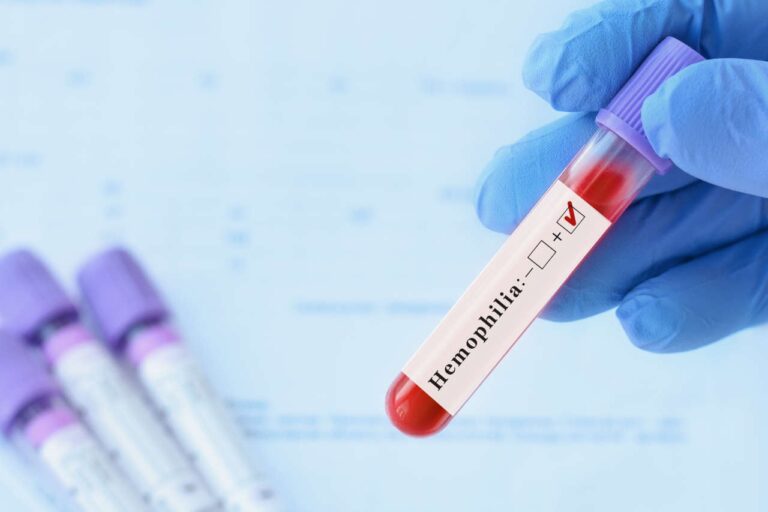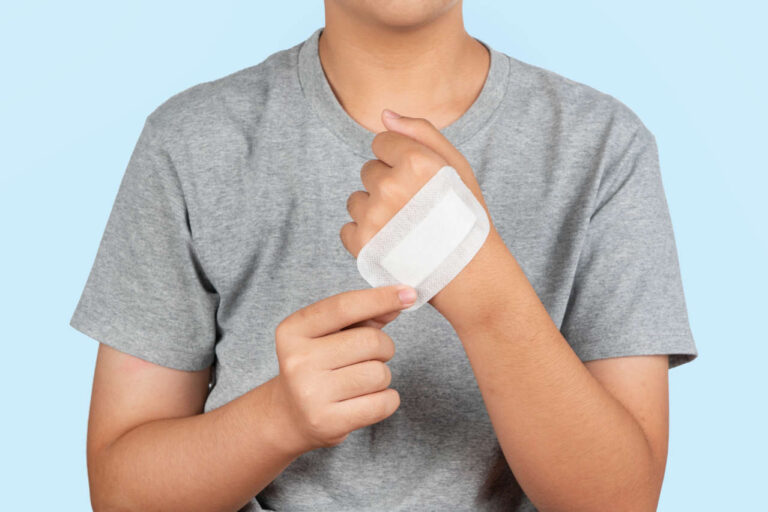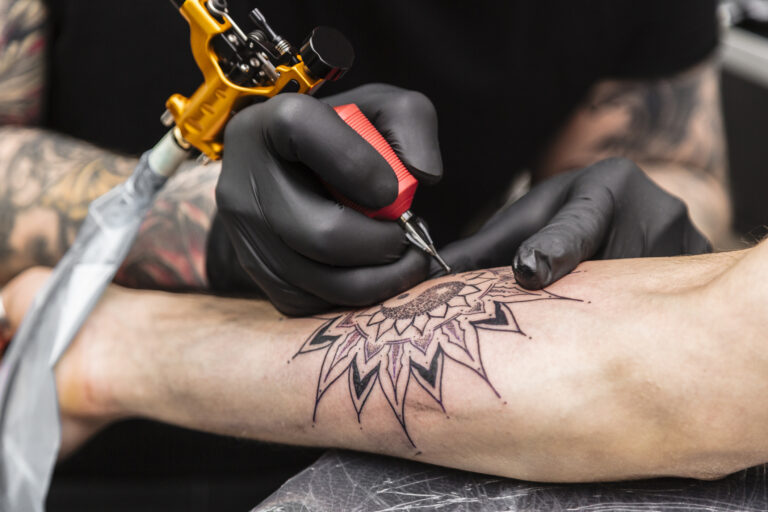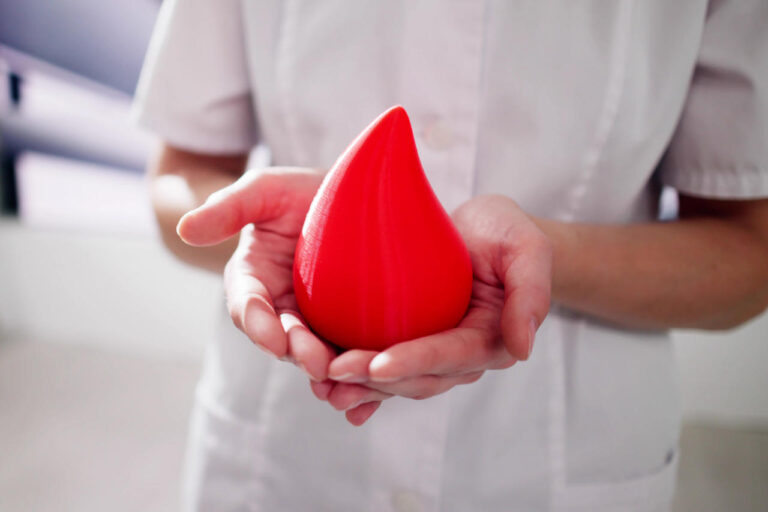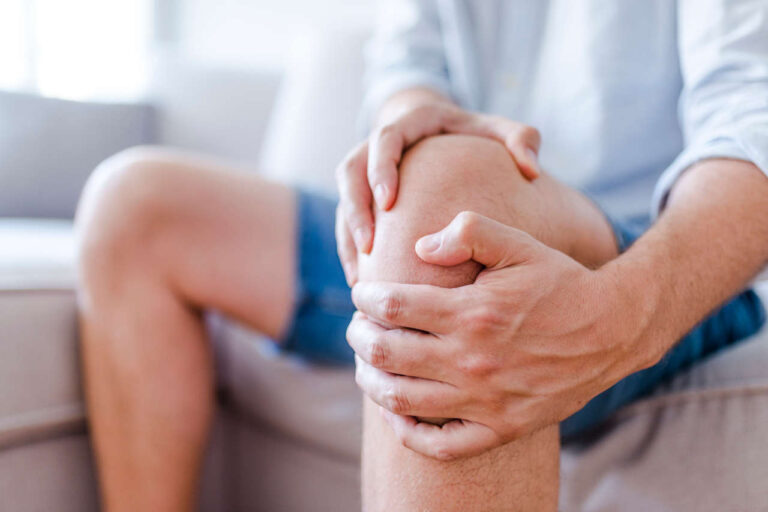
هیموفیلیا is a rare genetic bleeding disorder that predominantly affects men, though it can also occur in women. Historically, hemophilia has been considered a “man’s disease,” leading to the widespread misconception that women could only be carriers — passing the gene to their children — without being affected themselves. However, this is not the case.
له متخصص سره خبرې وکړئ
د کاپي مرستې په اړهWomen can also have hemophilia, but it manifests differently than in men. In fact, according to the CDC’s Community Counts HTC data, more than 2,700 women in the U.S. have hemophilia A or B.
This article discusses the genetic background and conditions under which women can develop hemophilia.
Hemophilia and Women: Genetic Background
Hemophilia is an X-linked disorder, which means the mutated genes that code for clotting factor proteins (factor VIII and factor IX) are present on the X chromosomes.
Genetically, males have one X chromosome (inherited from their mother) and a Y chromosome (received from their father). When a male gets the affected X chromosome (which has the faulty gene) from a carrier mother, he develops hemophilia due to a deficiency of clotting factors.
In contrast, females have two X chromosomes, which they inherit from each parent. The normal gene on one chromosome overrides the mutated gene on the affected chromosome. For this reason, women are the “carriers” of hemophilia, which means they carry defective genes but do not develop hemophilia. This is why hemophilia is more commonly observed in men as men only have one copy of the X chromosome.
However, carrier women may experience some hemophilia symptoms. For example, about 1 out of 4 carrier women experience mild bleeding symptoms such as nosebleeds or heavy menstrual periods due to low clotting factor levels.
What Are the Conditions That Causes Hemophilia in Women?
Women can have hemophilia under the following two conditions:
1. Homozygous Condition
In the homozygous condition, when the daughter gets two affected chromosomes from each parent, she develops hemophilia. However, this condition is extremely rare and can only happen if a father has hemophilia and a mother is a carrier.
2. Skewed X Chromosome Inactivation
In skewed X chromosome inactivation, when a woman receives one affected chromosome, and the other X chromosome with the normal copy of the genes is not working properly or “turned off,” she develops hemophilia due to the deficiency of clotting factors. This can happen for various genetic reasons.
مالي مرسته ترلاسه کړئ
For HemophiliaWhat Are the Symptoms of Hemophilia in Women?

Women with one or more affected genes can experience symptoms like men. Depending on the clotting factor levels in their blood, symptoms can range from mild to severe.
Here are some of the common symptoms that hemophilic women may experience:
- Heavy bleeding from dental work, surgeries, or childbirth
- Excessive and frequent nosebleeds that last longer than 10 minutes
- Joint damage
- اسانه زخمونه
In addition to the above, hemophilic women often experience heavy menstrual bleeding (menorrhagia). Prolonged menstrual bleeding can cause anemia and iron deficiency.
The signs of heavy menstrual bleeding include:
- Bleeding for more than 7 days
- Passing clots that are bigger than a bottle cap
- Changing a tampon or pad every 2 hours or less
- Flooding or gushing of blood
If you or your loved one experiences any of the above symptoms (especially menorrhagia), immediately consult your healthcare provider for the diagnosis of hemophilia.
پایله
Although hemophilia is more frequently diagnosed in men, women can also have hemophilia; however, these instances are frequently underrecognized or misunderstood. Due to conditions like X-chromosome inactivation or having two faulty X chromosomes, women who carry the hemophilia gene may develop mild to severe symptoms. Timely diagnosis and efficient treatment can help to improve the quality of life in women with hemophilia.
حوالې:
- Miller, C. H., Soucie, J. M., Byams, V. R., Payne, A. B., Buckner, T. W., & Bean, C. J. (2021). Women and Girls with Hemophilia Receiving Care at Specialized Hemophilia Treatment Centers in the United States. Haemophilia: The Official Journal of the World Federation of Hemophilia, 27(6), 1037. https://doi.org/10.1111/hae.14403
- Miller, C. H., & Bean, C. J. (2021). Genetic causes of hemophilia in women and girls. Haemophilia: The Official Journal of the World Federation of Hemophilia, 27(2), e164. https://doi.org/10.1111/hae.14186
- James, P., Abdul-Kadir, R., Kouides, P. A., Kulkarni, R., Mahlangu, J. N., Othman, M., Peyvandi, F., Rotellini, D., Winikoff, R., & Sidonio, R. F. (2021). A new hemophilia carrier nomenclature to define hemophilia in women and girls: Communication from the SSC of the ISTH. د ترومبوسس او هیموستاسیس ژورنال, 19(8), 1883-1887. https://doi.org/10.1111/jth.15397
- Miller, C. H., & Bean, C. J. (2021). Genetic causes of hemophilia in women and girls. Haemophilia, 27(2), e164-e179. https://doi.org/10.1111/hae.14186
- Information on hemophilia for women. (2024). Hemophilia. https://www.cdc.gov/hemophilia/about/information-for-women.html
- Women and Hemophilia | CDC. (2020). Centers for Disease Control and Prevention. https://archive.cdc.gov/www_cdc_gov/ncbddd/hemophilia/features/women-and-hemophilia.html#:~:text=Hemophilia%20can%20affect%20women%2C%20too,similar%20to%20males%20with%20hemophilia.
- James, A. H. (2020). Women and girls with hemophilia: Lessons learned. هیموفیلیا, 27, 75-81. https://doi.org/10.1111/hae.14094




